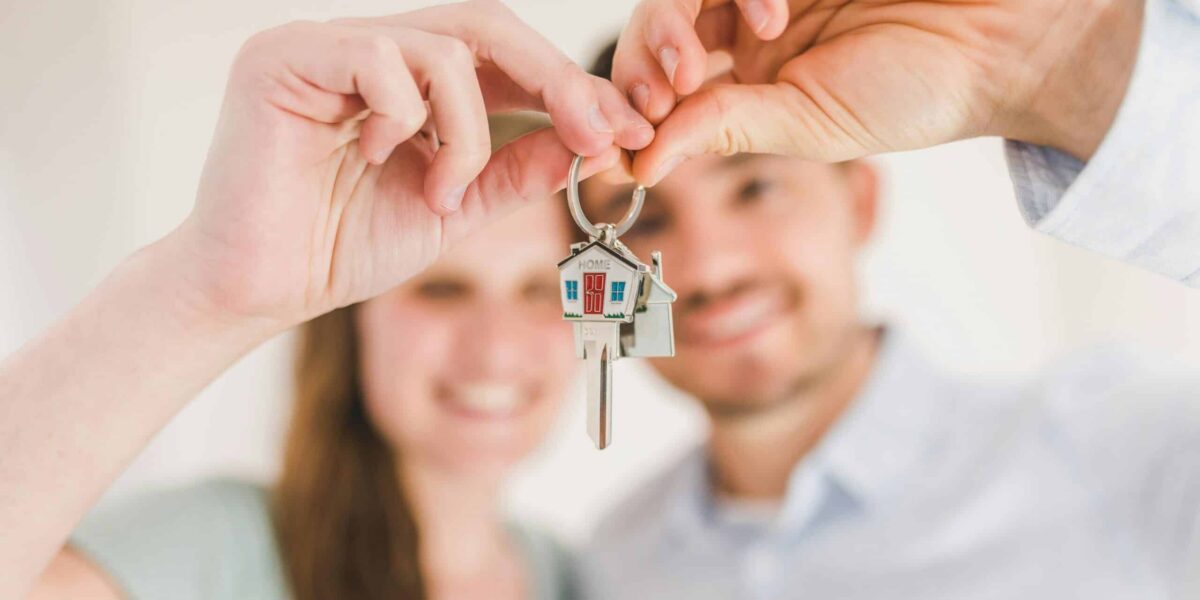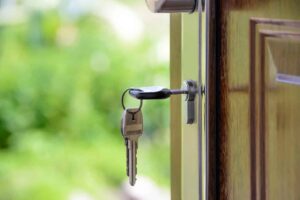Residential Property Conveyancing FAQs

We receive a lot of questions from first time buyers and home buying veterans on the conveyancing process. We have put together some answers to some of the most frequently asked questions.
How long does a conveyancing transaction take?
Many first-time buyers are surprised by how long the whole conveyancing process takes. On average a straight-forward sale and purchase, from receipt of the contract papers to exchange of contracts, will take between 8-12 weeks. The whole process from viewing the property to collecting the keys will therefore take months rather than weeks.
How much do conveyancing fees cost?
The cost of each conveyancing matter will vary greatly. Costs are based on whether you are selling or buying, how much the property is being sold/purchased for and whether it is freehold or leasehold. For a detailed quote, please contact us directly and we will be able to provide you with a full breakdown of all the costs involved for your home buying/selling needs.
What is the property information form?
A property information form is a compulsory form which is completed by the seller and it forms part of the contract pack. The form asks a series of questions such as; boundaries, disputes, building works and who the utility providers are.
What are the property conveyancing searches?
On a residential property purchase we will carry out three standard searches. These include a local search, a water & drainage search and an environmental search.
The local search is carried out by the local council and it will reveal information to include the planning and building regulation history of the property, if the roads and footpaths abutting the property are maintained by the local council or if any trees are covered by a tree preservation order. The search will only cover the property and it will not reveal any planning applications for the immediate area.
The water and drainage search will confirm if the property is connected to mains drainage and water and if any pipes run through the property. It will also provide a plan showing the location of the nearest pipes.
The environmental search will confirm if the property is located on or near contaminated land or if the property is affected by flooding.
The cost of the searches will vary greatly depending on where the property is located.
What is the difference between freehold and leasehold?
Freeholds are usually houses. When you purchase a freehold property you are buying the whole land and anything which is built upon it. You will have complete ownership and be responsible for all repairs and maintenance.
Leaseholds are usually flats and apartments. With a leasehold property you are buying the right to live in the property for a specified amount of time. There are likely be additional costs involved with leasehold properties including, but not limited to:
- Annual ground rent
- Service charges covering maintenance and upkeep of the building and communal areas
- Buildings Insurance
The lease will also contain rules and regulations which you must follow. These can include no pets, a possible restriction on letting the property and no laminate or wooden flooring.
With some flats you can have the added benefit of having a share in the freehold. In these situations, the freehold of the whole building is owned by a company and each flat owner will have an equal share in that company. This does not mean you will purchase the freehold of the flat, only a share in the freehold of the whole building. You will still purchase and own the lease for the flat.
What is exchange of contracts?
This is when the solicitors will confirm the details of the contract and, once exchanged, means everyone is then under contract and must comply with the conditions of the contract. The completion date will be decided and agreed before exchange. You will also have to pay a deposit to your solicitor before exchange which will be 10% of the purchase price. A deposit of less than 10% may be acceptable if agreeable with your seller. If you are buying a property and you withdraw after exchange of contracts, you will lose any deposit already paid or the full 10% will become payable.
What happens on completion?
This is the day when all the money changes hands and, if you are buying a property, when you will be able to collect the keys. A lot of people ask what time completion will happen but unfortunately this is one thing we do not have much control over. It very much depends on how quickly money is received and sent via the banks. If you are in a long chain and, one of the last people in that chain, it is likely you won’t complete until later in the day. However, if you are not in a chain then it is likely you will complete much earlier in the day.
For all your conveyancing needs please contact our expert conveyancing department on 01202 525333 or send an email enquiry.
How can Ellis Jones help?
If you would like help or advice regarding from one of our specialists, please do not hesitate to contact us on 01202 525333.
Get in touch














